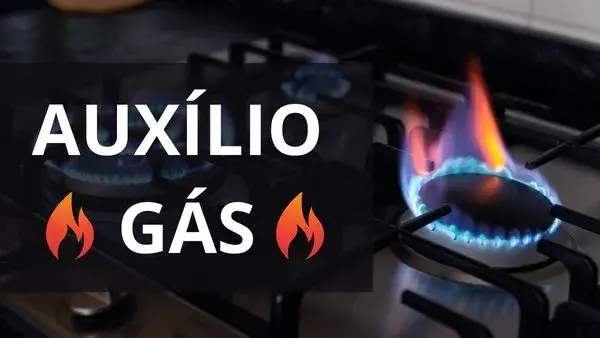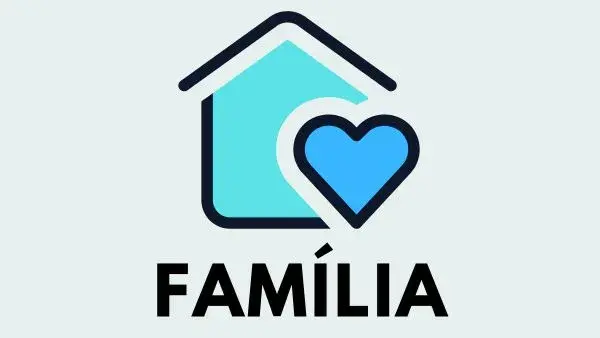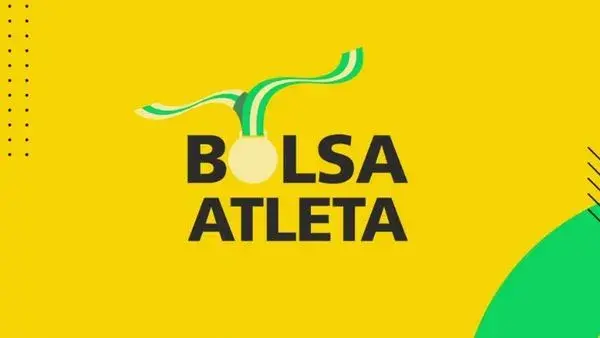Find out who can receive and how to apply for Eventual Benefits for situations of social vulnerability.
Adverts
Did you know that you may be entitled to a social benefit and you may not even know it? Eventual Benefits are an important resource of the Unified Social Assistance System (SUAS), offered by the Brazilian government to help families and individuals in situations of vulnerability.
Intended for critical moments in life, such as birth, death, calamity and other unexpected events, these benefits aim to guarantee the support needed to overcome adversity.
Guaranteed by the Organic Law on Social Assistance (LOAS), Eventual Benefits are offered on a temporary basis and aim to meet emergency needs.
Adverts
They can be granted in cash, services or even material items, depending on the need and situation faced by the beneficiary.
In each state or municipality, the types of Eventual Benefits may vary, as they are adapted to local realities.
Access to these benefits depends on certain criteria and attendance at local social assistance centres. This article explains what these benefits are, how they work, who can apply for them and the steps needed to enrol.
If you or your family need support in emergency situations, read on to understand how to receive Eventual Benefits and get the right support.
Quick Index:
What are Eventual Benefits?
Eventual Benefits are aids provided by Social Assistance to help families and individuals facing unexpected and vulnerable situations.
These benefits are intended to cover everyday expenses that would otherwise put a financial burden on families who are already in unfavourable economic conditions.
Assistance can take a variety of forms, including financial support, the provision of food baskets, hygiene materials, funeral aid and more.
The temporary nature of these benefits is due to the fact that they are aimed at specific, emergency moments and are discontinued when the crisis situation is resolved.
How do Eventual Benefits work?
The operation of Eventual Benefits is aligned with SUAS and follows the guidelines of LOAS. Benefits are granted according to the need presented and the assessment of the social assistance team that assists the applicant.
Each benefit can be applied for through the Social Assistance Reference Centres (CRAS) or, in some cases, directly through specific assistance bodies in the municipality.
These benefits are regulated by local regulations, meaning that each municipality or state can define which types of emergency aid will be offered and under what conditions.
The municipal Social Assistance departments are responsible for organising and distributing the funds, ensuring that they reach those who really need them.
The way in which they are granted also varies; some benefits are delivered in the form of products, while others can be in the form of money or free services.
Main types of Eventual Benefits
Eventual Benefits are divided into different categories to better meet the specific needs of each situation. See the main types:
- Birth grants: Aid granted to cover the costs of the birth of a child. This benefit can include items such as clothes, nappies and hygiene materials for the baby.
- Funeral allowance: This benefit covers basic expenses for a family member's funeral, allowing low-income families to deal with the costs of the wake and burial.
- Public Calamity Benefit: Offered in situations of natural disasters or collective emergencies, such as floods or landslides, to help with recovery and provide immediate aid such as food and shelter.
- Temporary Vulnerability Aid: Emergency aid for situations of temporary financial difficulty, such as loss of employment or health problems that make it impossible to support the family.
These benefits may have specific criteria and require the applicant to prove their situation of need to the social welfare agency responsible.
Who can receive Eventual Benefits?
Eventual Benefits are intended for families or individuals in situations of vulnerability or social risk. People who live in unfavourable socio-economic conditions and are facing exceptional situations are prioritised. This includes, for example, families that have experienced a financial emergency or are in extreme poverty.
Main criteria for access to Eventual Benefits:
- Be in a situation of social risk or extreme economic vulnerability.
- Proof of emergency need, by means of documents or a declaration made to the social worker.
- Being registered with the Federal Government's Single Registry for Social Programmes (CadÚnico), in many cases, as this facilitates the assessment and prioritisation process.
The service takes place at the CRAS or CREAS (Specialised Social Assistance Reference Centre), where a team of professionals assesses the situation and, if approved, grants the temporary benefit to the applicant.
How to apply for Eventual Benefits
To apply for Eventual Benefits, you need to follow a few basic steps. Below is a step-by-step guide to applying for these benefits:
- Go to a CRAS or CREAS unit: The first step is to find the nearest social assistance unit, such as CRAS (Social Assistance Reference Centre) or CREAS.
- Register or update your CadÚnico record: In many cases, being registered with CadÚnico is essential, as it gathers socio-economic information on citizens and facilitates the assessment process. Bring documents such as ID, CPF, proof of residence and birth certificates for dependents.
- Explain your situation to the social worker: At the care centre, talk to the social worker and inform them of your emergency situation. Be clear and provide details so that the team understands the seriousness of the case and the type of benefit needed.
- Submit supporting documents (if applicable): Depending on the type of benefit, it may be necessary to present documents proving the situation, such as a death certificate for funeral aid or a police report in the event of a public disaster.
- Wait for the Benefit to be analysed and granted: The CRAS or CREAS team will analyse your application and, if approved, grant the benefit. The time it takes to be granted may vary depending on the situation and the type of benefit requested.
This process ensures that the benefit goes to the people who really need it and helps organise the distribution of resources.
*You will be redirected to another site.
Eventual Benefits and their Social Impact
Eventual Benefits play an essential role in the social protection network, as they help families overcome critical moments without falling further into vulnerability.
As well as helping financially, these benefits represent a form of psychological and social support for families who often cannot afford these emergency expenses.
Through a fair distribution policy, the government seeks to minimise the impact of unexpected situations on the lives of people in vulnerable situations, promoting inclusion and social dignity.
This support is especially important in low-income communities, where many families don't have support networks or resources to deal with adversity.
Final considerations
Eventual Benefits are a right guaranteed by the Social Assistance policy and serve as temporary support for families in emergency situations.
With a range of aids that vary according to need, these benefits help millions of Brazilians overcome financial challenges in times of extreme need.
By guaranteeing access to these benefits, the government strengthens social support and promotes a more inclusive society, where everyone has the right to face difficulties with dignity and support.
If you're going through an emergency situation, knowing how to apply for these benefits can make all the difference.
Read also: Gas aid: how to apply
Frequently Asked Questions
What are the main Eventual Benefits offered by the government?
The main Eventual Benefits include birth aid, funeral aid, public calamity benefit and aid for temporary vulnerability, each with a specific purpose for emergency situations.
Do I need to be registered with CadÚnico to receive the benefit?
In many cases, being registered with CadÚnico is necessary, as it facilitates the process of assessing and prioritising applications. If you're not already registered, go to a CRAS unit to register.
Where can I apply for Eventual Benefits?
Eventual Benefits must be requested at the Social Assistance Reference Centres (CRAS) or Specialised Social Assistance Reference Centres (CREAS) in your municipality.
What do I need to bring to claim the benefit?
It is important to bring personal documents (ID, CPF, proof of residence) and other documents proving the emergency situation, such as a death certificate for funeral aid or a police report in cases of disaster.
How long can I receive Eventual Benefits?
Eventual Benefits are temporary and intended for emergency situations. They are only granted for the duration of the specific situation of vulnerability, and are discontinued once the situation has been overcome.









